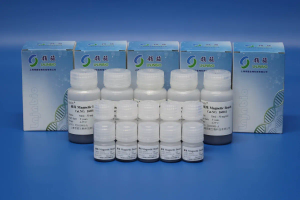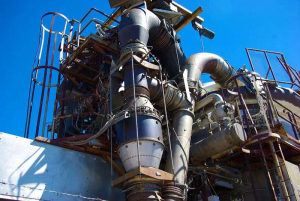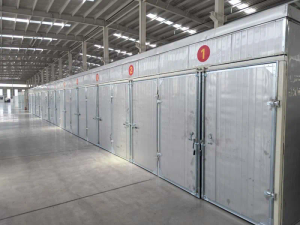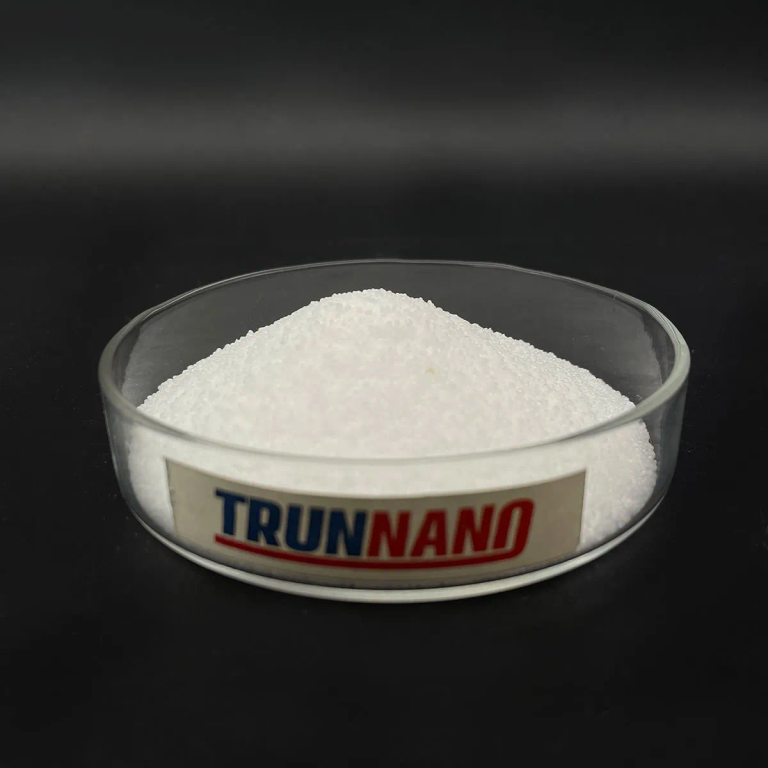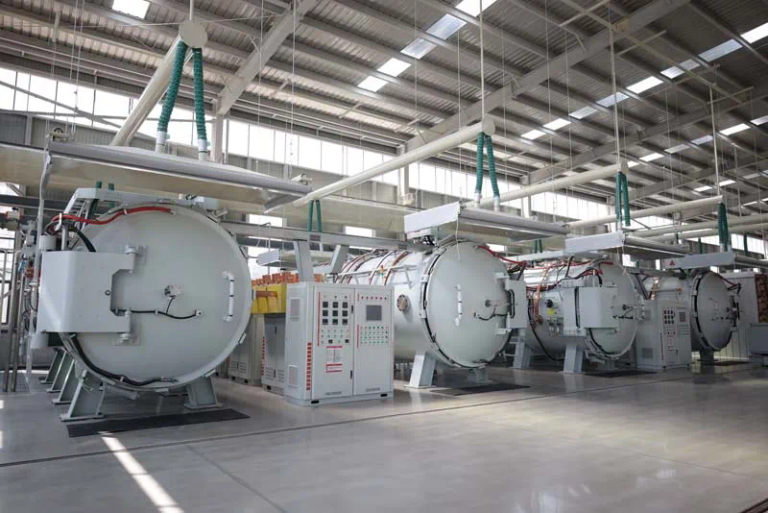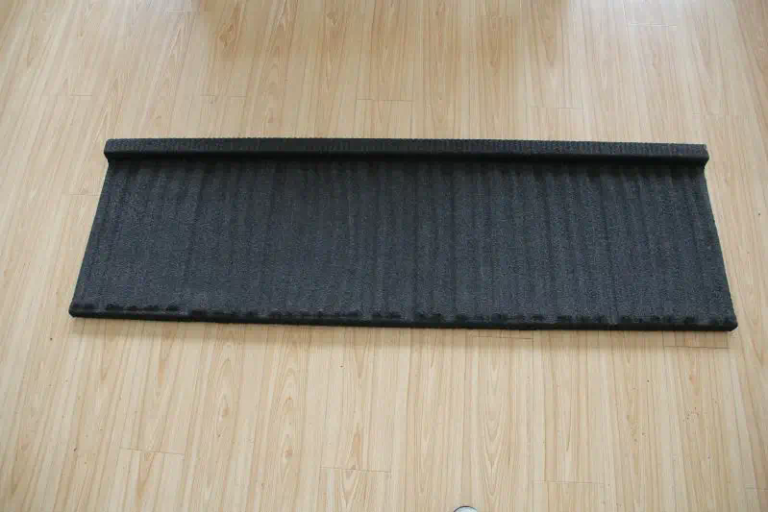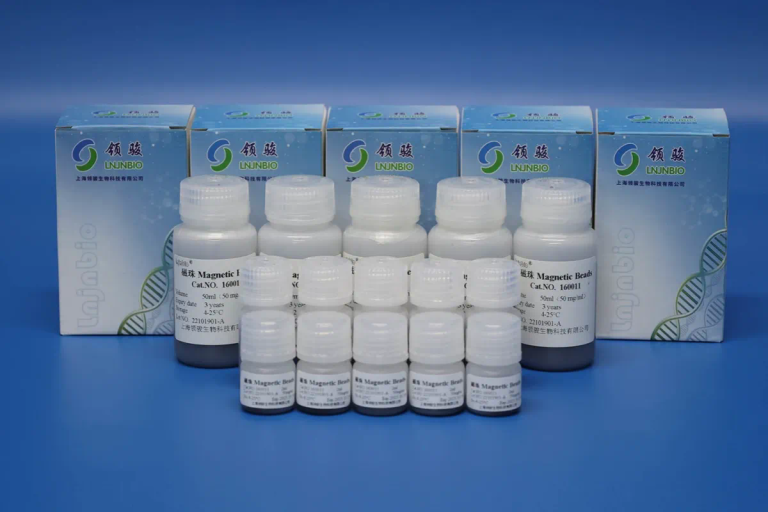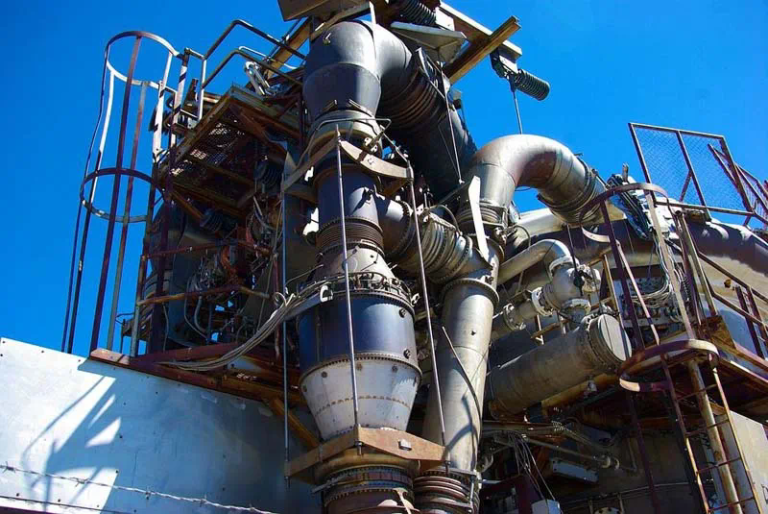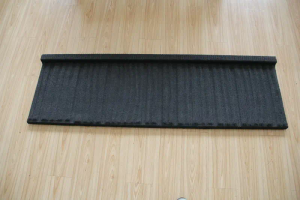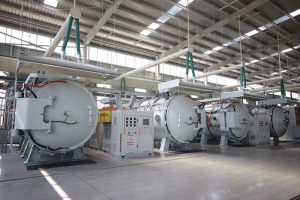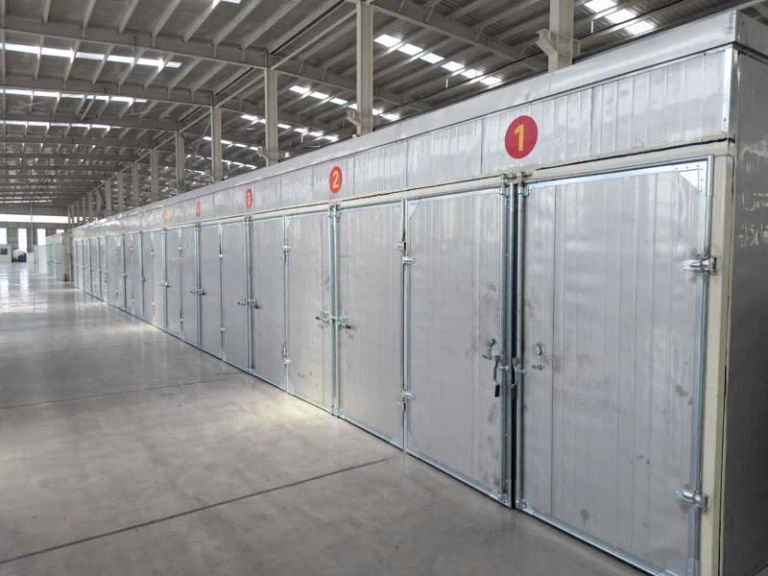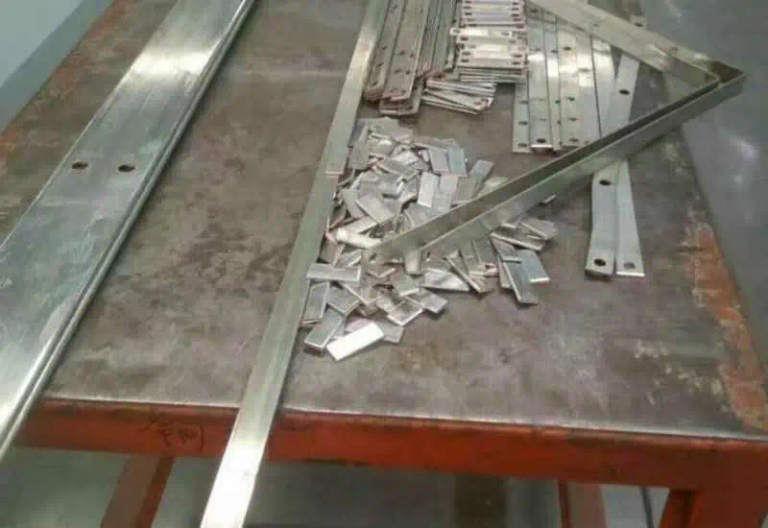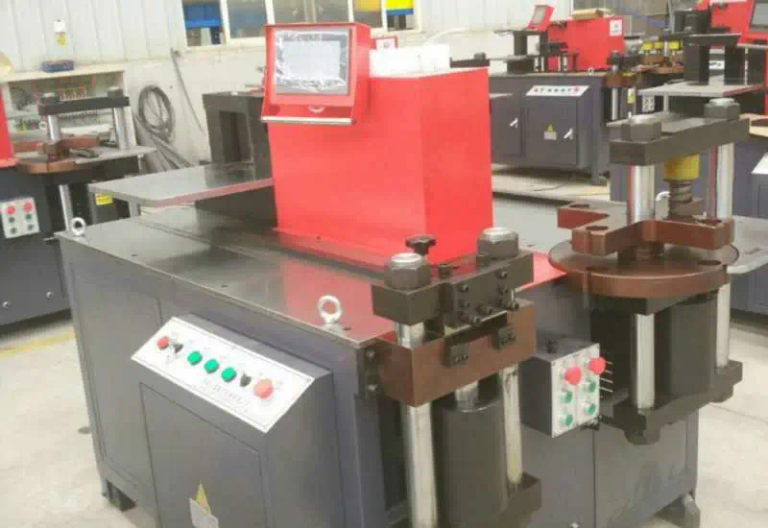Aluminum Bus Bars: Advantages and Applications in Modern Electrical Systems
Aluminum bus bars have emerged as a popular choice in modern electrical systems due to their numerous advantages over traditional copper bus bars. Aluminum, with its lightweight and excellent conductivity, offers several benefits that make it a preferred material for bus bar applications. This article explores the advantages of aluminum bus bars and highlights their wide range of applications in today’s electrical systems.
Advantages of Aluminum Bus Bars
1. Lightweight: One of the key advantages of aluminum bus bars is their lightweight nature. Aluminum is significantly lighter than copper, which makes it easier to handle and install. The reduced weight also contributes to cost savings in terms of transportation and installation.
2. High Conductivity: Although aluminum has a lower conductivity compared to copper, it is still highly conductive and suitable for most electrical applications. Moreover, advancements in aluminum alloy technology have further improved its conductivity, making it a reliable choice for carrying high electrical currents.
3. Cost-Effective: Aluminum bus bars offer a cost-effective solution for electrical systems. Aluminum is more abundant and less expensive than copper, resulting in significant cost savings. Additionally, the lightweight nature of aluminum reduces the overall material and transportation costs.
4. Corrosion Resistance: Aluminum bus bars are highly resistant to corrosion, thanks to the formation of a natural oxide layer on their surface. This oxide layer acts as a protective barrier, preventing the bus bars from corroding even in harsh environments. This corrosion resistance makes aluminum bus bars suitable for outdoor applications.
5. Greater Flexibility: Aluminum bus bars offer greater flexibility in terms of design and installation. Unlike copper, busbar embossing machine aluminum can be easily shaped and molded into various configurations, allowing for customized designs to meet specific electrical system requirements. This flexibility makes aluminum bus bars ideal for complex electrical layouts.
6. Heat Dissipation: Aluminum has excellent thermal conductivity, allowing for efficient heat dissipation. This property is crucial in electrical systems where heat generation is a concern. The ability of aluminum bus bars to dissipate heat effectively helps in preventing overheating and maintaining system efficiency.
Applications of Aluminum Bus Bars
1. Power Distribution Systems: Aluminum bus bars are extensively used in power distribution systems, including substations and switchgear installations. Their high conductivity and cost-effectiveness make them an ideal choice for transmitting and distributing electrical power.
2. Renewable Energy Systems: With the increasing emphasis on clean and sustainable energy sources, aluminum bus bars have found significant applications in renewable energy systems such as solar and wind power plants. The lightweight nature of aluminum makes it easier to install and maintain in these systems.
3. Electrical Panels and Switchboards: Aluminum bus bars are commonly used in electrical panels and switchboards due to their flexibility and ease of installation. They provide a reliable and efficient solution for managing electrical connections within these panels, ensuring smooth operation of electrical systems.
4. Electric Vehicles: The automotive industry has also embraced aluminum bus bars in the design of electric vehicles (EVs). The lightweight nature of aluminum contributes to overall weight reduction in EVs, improving their energy efficiency and extending their driving range.

5. Data Centers: In data centers, where power distribution and heat management are critical, aluminum bus bars offer an optimal solution. Their excellent conductivity and heat dissipation properties help in maintaining the reliability and performance of data center infrastructure.
6. Industrial Applications: Aluminum bus bars find extensive usage in various industrial applications, including manufacturing plants, chemical plants, and oil refineries. Their corrosion resistance and cost-effectiveness make them suitable for these demanding environments.
In conclusion, aluminum bus bars offer numerous advantages over traditional copper bus bars in modern electrical systems. Their lightweight nature, high conductivity, cost-effectiveness, corrosion resistance, flexibility, and heat dissipation properties have made them a preferred choice in various applications. From power distribution systems to electric vehicles, aluminum bus bars continue to play a crucial role in ensuring efficient and reliable electrical connections.
Aluminum Bus Bars: Advantages and Applications in Modern Electrical Systems
Aluminum bus bars have emerged as a popular choice in modern electrical systems due to their numerous advantages over traditional copper bus bars. Aluminum, with its lightweight and excellent conductivity, offers several benefits that make it a preferred material for bus bar applications. This article explores the advantages of aluminum bus bars and highlights their wide range of applications in today’s electrical systems.
Advantages of Aluminum Bus Bars
1. Lightweight: One of the key advantages of aluminum bus bars is their lightweight nature. Aluminum is significantly lighter than copper, which makes it easier to handle and install. The reduced weight also contributes to cost savings in terms of transportation and installation.
2. High Conductivity: Although aluminum has a lower conductivity compared to copper, it is still highly conductive and suitable for most electrical applications. Moreover, advancements in aluminum alloy technology have further improved its conductivity, making it a reliable choice for carrying high electrical currents.
3. Cost-Effective: Aluminum bus bars offer a cost-effective solution for electrical systems. Aluminum is more abundant and less expensive than copper, resulting in significant cost savings. Additionally, the lightweight nature of aluminum reduces the overall material and transportation costs.
4. Corrosion Resistance: Aluminum bus bars are highly resistant to corrosion, thanks to the formation of a natural oxide layer on their surface. This oxide layer acts as a protective barrier, preventing the bus bars from corroding even in harsh environments. This corrosion resistance makes aluminum bus bars suitable for outdoor applications.
5. Greater Flexibility: Aluminum bus bars offer greater flexibility in terms of design and installation. Unlike copper, aluminum can be easily shaped and molded into various configurations, allowing for customized designs to meet specific electrical system requirements. This flexibility makes aluminum bus bars ideal for complex electrical layouts.
6. Heat Dissipation: Aluminum has excellent thermal conductivity, allowing for efficient heat dissipation. This property is crucial in electrical systems where heat generation is a concern. The ability of aluminum bus bars to dissipate heat effectively helps in preventing overheating and maintaining system efficiency.
Applications of Aluminum Bus Bars
1. Power Distribution Systems: Aluminum bus bars are extensively used in power distribution systems, including substations and switchgear installations. Their high conductivity and cost-effectiveness make them an ideal choice for transmitting and distributing electrical power.
2. Renewable Energy Systems: With the increasing emphasis on clean and sustainable energy sources, aluminum bus bars have found significant applications in renewable energy systems such as solar and wind power plants. The lightweight nature of aluminum makes it easier to install and maintain in these systems.
3. Electrical Panels and Switchboards: Aluminum bus bars are commonly used in electrical panels and switchboards due to their flexibility and ease of installation. They provide a reliable and efficient solution for managing electrical connections within these panels, ensuring smooth operation of electrical systems.
4. Electric Vehicles: The automotive industry has also embraced aluminum bus bars in the design of electric vehicles (EVs). The lightweight nature of aluminum contributes to overall weight reduction in EVs, improving their energy efficiency and extending their driving range.
5. Data Centers: In data centers, where power distribution and heat management are critical, aluminum bus bars offer an optimal solution. Their excellent conductivity and heat dissipation properties help in maintaining the reliability and performance of data center infrastructure.
6. Industrial Applications: Aluminum bus bars find extensive usage in various industrial applications, including manufacturing plants, chemical plants, and oil refineries. Their corrosion resistance and cost-effectiveness make them suitable for these demanding environments.
In conclusion, aluminum bus bars offer numerous advantages over traditional copper bus bars in modern electrical systems. Their lightweight nature, high conductivity, cost-effectiveness, corrosion resistance, flexibility, and heat dissipation properties have made them a preferred choice in various applications. From power distribution systems to electric vehicles, aluminum bus bars continue to play a crucial role in ensuring efficient and reliable electrical connections.
